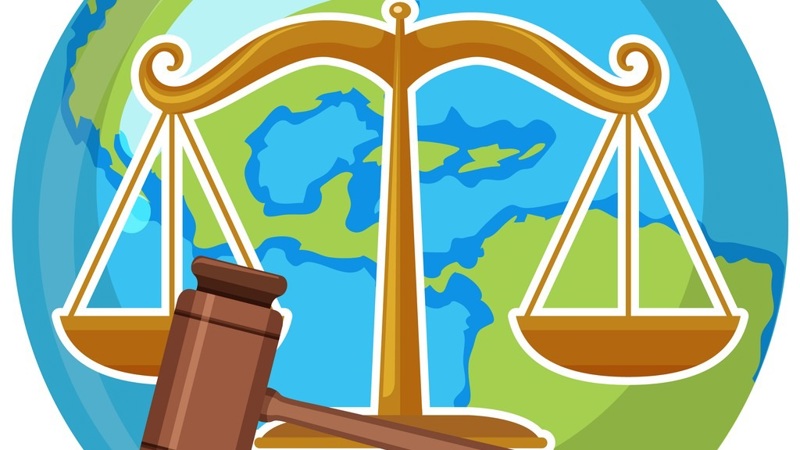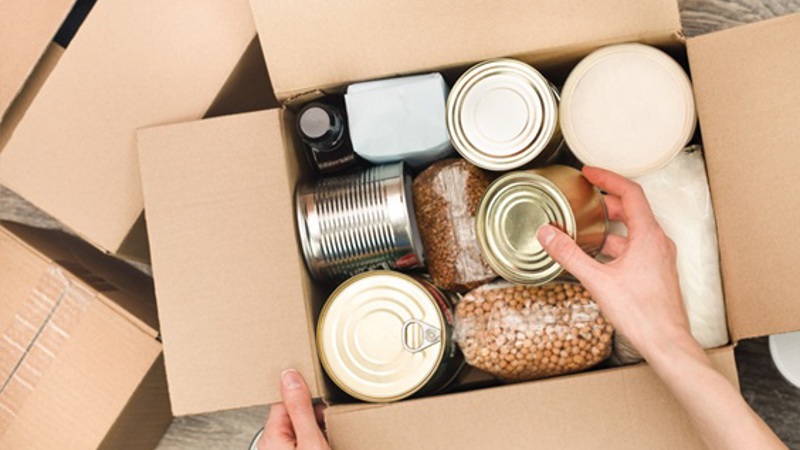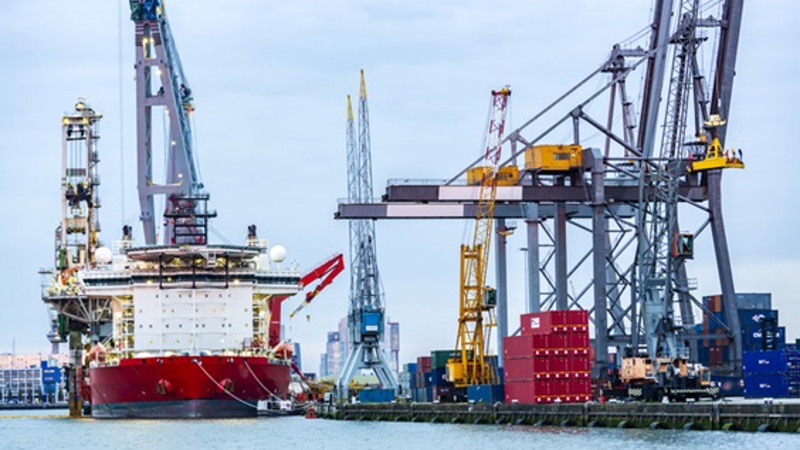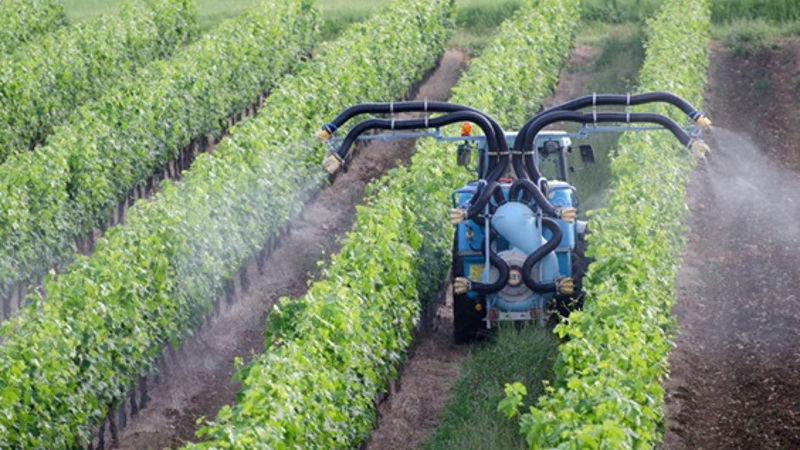The new General Product Safety Regulation (GPSR): What you need to know
October 2023
The European Union has reached another consumer protection milestone with the introduction of the new General Product Safety Regulation (GPSR) 2023/988. The GPSR, which will take effect on 10 May 2023 and will enter into force on 13 December 2024, brings significant changes to regulation and enforcement related to product safety. In this blog, we will discuss the main aspects of the GPSR, including what it regulates, who it affects, which products it covers, the main changes and the effective date. In this blog, we will not discuss the New Product Liability Directive proposed on 28 September 2022, which is to replace the Product Liability Directive 85/374/EEC.
What does the General Product Safety Regulation regulate?
Product safety is the protection of consumers from all types of risks when using a product. The GPSR aims to ensure consumer safety in the European Union through stricter regulations and improved enforcement in the field of product safety. Among other things, this GPSR replaces the General Product Safety Directive (EC) 2001/95 and strengthens the market surveillance and product safety framework across the EU. The GPSR was further updated to the consumer society in which sales via digital platforms have become indispensable.
Who is the General Product Safety Regulation relevant to?
The GPSR is relevant to a wide range of market players, including manufacturers, producers, importers, distributors, fulfilment centers and consumers.
To which products does the General Product Safety Regulation apply?
The GPSR applies to almost all consumer products placed on the European Union market. This includes electronics, clothing, toys, furniture and household appliances, but also, for example, food contact materials such as straws, cups, napkins but also food packaging materials. Product produced in the EU as well as products imported fall under the scope of the GPSR. Also important to mention is that the Regulation not only applies to new products, but also second-hand products, repaired products and 'refurbished' products are now explicitly covered by the scope of the GPSR.
The five main changes
Stricter liability and responsibility: The GPSR places greater responsibility on producers, importers and distributors to ensure that their products meet the safety standards. They must actively take measures to identify and mitigate risks. Moreover, an economic operator responsible for safety must be designated for each product and the economic operator must be based in the EU. If there is none, an EU-based fulfilment service provider (definition 'fulfilment service provider' article 3(12) Regulation) is designated in its place.
Improved monitoring and reporting: There will be an improved system for market monitoring and enforcement. Manufacturers and other parties must report incidents involving unsafe products. National authorities will have more powers to remove products from the market and impose sanctions.
Strengthened role of online sales platforms: Online marketplaces and platforms will be required to provide information on the identity of the seller (or manufacturer or responsible person) and to cooperate with manufacturers and authorities in addressing unsafe products sold on their platforms.
Improved traceability and identification: Products should have clear and accurate identification marks, facilitating traceability. This helps in quick detection and recall of unsafe products. In addition, a recall notice itself must meet specific requirements under the Regulation.
Stricter penalties and fines: The GPSR introduces stricter penalties for non-compliance with safety standards. This includes higher fines and other punitive measures to ensure that compliance is taken seriously.
Entry into force of the General Product Safety Regulation
The GPSR will apply everywhere in the EU after a transition period from 13 December 2024 and will be incorporated into the Commodities Act in the Netherlands. Moreover, because it is a regulation, it is directly applicable in every Member State. This means that all parties involved, including producers, importers, distributors and online sales platforms, must comply with the new rules and responsibilities the regulation entails. This may require adjusting agreements between market participants and reassessing (taken out) insurance policies.
For the sake of completeness: the GPSR does not change the Dutch supervisory and enforcement framework; the Dutch Food and Consumer Product Safety Authority (NVWA), as the regulator, will enforce the statutory rules in the Netherlands, cooperating with national regulators in other EU countries.











